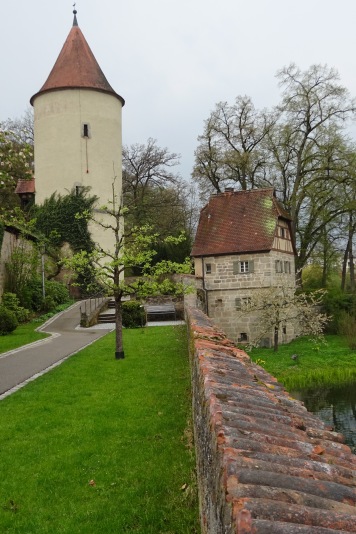 It was a typical winter’s day on the harbour at Bremen, Germany on the 27th of November, 1964. There was an icy cold wind that stung any exposed skin and gnawed right through to the bone.
It was a typical winter’s day on the harbour at Bremen, Germany on the 27th of November, 1964. There was an icy cold wind that stung any exposed skin and gnawed right through to the bone.
The ‘Flavia’ pulled out from the dock and struck a steady course towards the line of the horizon as if even the boat was keen to head to warmer climes.
Ilse Hopfengärtner stood on board the liner watching as her home country receded into the distance. She had chosen this when she had chosen her new husband, Heinz. He had arrived back in their small home town with stories of the warm wide welcoming land of Australia and his plans to return there to live. They had been married a matter of months later to secure a twin-berth on the ship, with Ilse’s parents having to give permission because she was not yet twenty-one years old. But the excitement of the adventure was tinged with trepidation as the only place where she knew the language, the culture, the lifestyle disappeared, slowly blending into the fuzzy line of the horizon. She was heading to the other side of the world.
Two years. She’d promised Heinz she’d stay for two years. He’d promised to bring her back if she really wanted to go home after that. It was four years later that they returned to Germany for a holiday and both knew by the end of it that ‘home’ was now on the either side of the world.
They lived in Melbourne, then moved to Queensland’s Sunshine Coast, back when there was only one set of traffic lights in Maroochydore. They raised two Australian children. It was really no surprise when their daughter, aged nearly twenty-one headed overseas for adventure. It was ostensibly to meet all of the German relatives and it was by plane rather than boat. But it still mirrored the journey Ilse and Heinz had taken nearly thirty years earlier.
Here’s where this becomes my story. I am the sometimes-wayward child, the Australian daughter of German migrants. I grew up knowing once my education was finished, I would head over to Germany to meet my family and see where my parents came from.
Both of my parents grew up in the town of Dinkelsbühl. It is one of those picture- perfect medieval towns, with a wall around it and crooked streets of cobblestones inside. My parents had told me stories about their childhood, about growing up in a small town, surrounded by family, where everyone knew who you belonged to. Before travelling to Germany, my idea of ‘family’ consisted of my parents and a brother. I had fifteen uncles and aunts and also fifteen cousins, most of whom I met for the first time. There was so much to catch up on, two family histories to absorb.
I then travelled further afield. I ended up using Germany as a base for international travels. Despite my mother’s fears that I would find love on the other side of the world as she had, I did return home after several years, once again making the Sunshine Coast home. I settled down and started a family of my own, a second generation of Australians.
Last week, I returned to Dinkelsbühl. It’s now been over fifty years since my grandmother hugged her youngest daughter, my mother, in the lounge room of the family home and begged her not to go to the wilds of Australia. My grandparents have long since passed away but my aunt and cousin still live at Wörnitzstraße 5, where my mum grew up. It has changed surprisingly little since last century. The house itself is hundreds of years old, the bricks themselves holding on to times past and keeping the memories in. Somehow it affects me. This history is my history, memories that aren’t mine seeping out through the floorboards and creeping into my bones.
In the twenty years since I was last in Germany, I’ve become an author. My first book has been published in German as ‘Die Hatz’ now and I went there to meet my publisher and publicise the book. My uncle took me to the bookshop in Dinkelsbühl where the proprietor has run the store for decades. Aged 83 now, he peered into my eyes and back through the years, to remember my parents when they were half my age. How strange then, to sign copies of my book for him, set in Australia and translated into German.
I have always been proudly Australian, quick to point out my foreign name did not mean I wasn’t born here. But my family history is part of me. I feel an intimate connection with this town on the other side of the world.
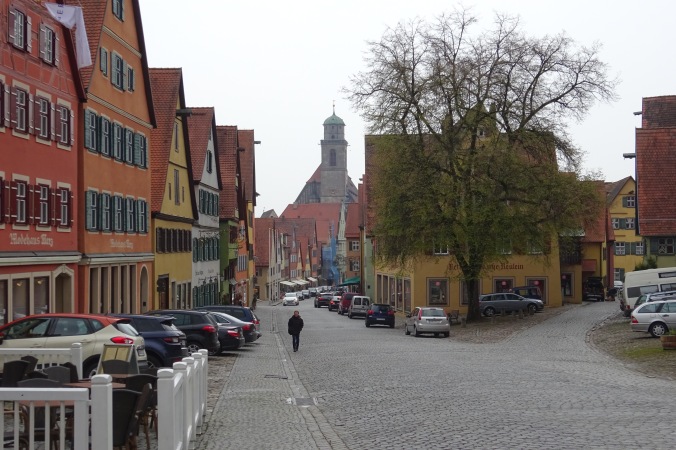
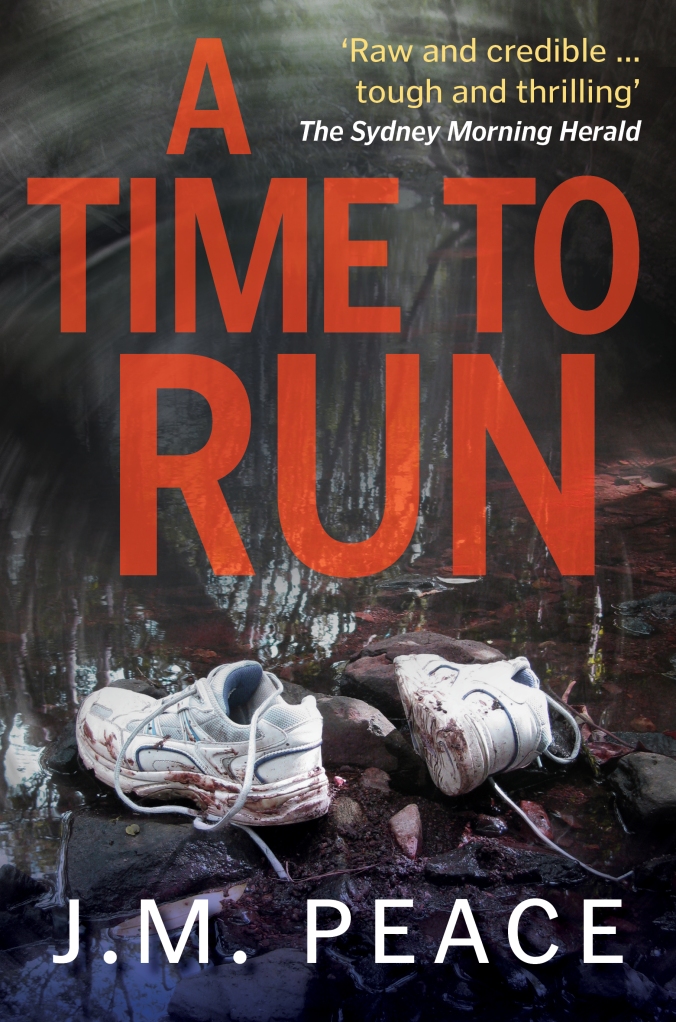
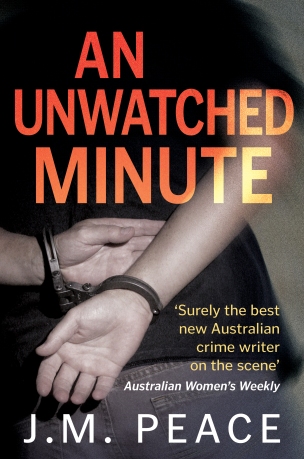
 It was a typical winter’s day on the harbour at Bremen, Germany on the 27th of November, 1964. There was an icy cold wind that stung any exposed skin and gnawed right through to the bone.
It was a typical winter’s day on the harbour at Bremen, Germany on the 27th of November, 1964. There was an icy cold wind that stung any exposed skin and gnawed right through to the bone.
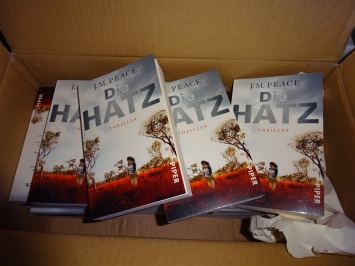

 One year ago, I wrote a blog post celebrating the release of my debut novel, A Time To Run. It was a momentous occasion for me, signalling what I hoped would be the start of a new career. Twelve months down the track, and so much has happened. A Time To Run continues to sell well. I am represented by Curtis Brown literary agents. The novel was sold to Germany. A film producer took a short option on the book, giving them three months to raise development funding to turn it into a movie. It’s been one heck of a ride.
One year ago, I wrote a blog post celebrating the release of my debut novel, A Time To Run. It was a momentous occasion for me, signalling what I hoped would be the start of a new career. Twelve months down the track, and so much has happened. A Time To Run continues to sell well. I am represented by Curtis Brown literary agents. The novel was sold to Germany. A film producer took a short option on the book, giving them three months to raise development funding to turn it into a movie. It’s been one heck of a ride.



